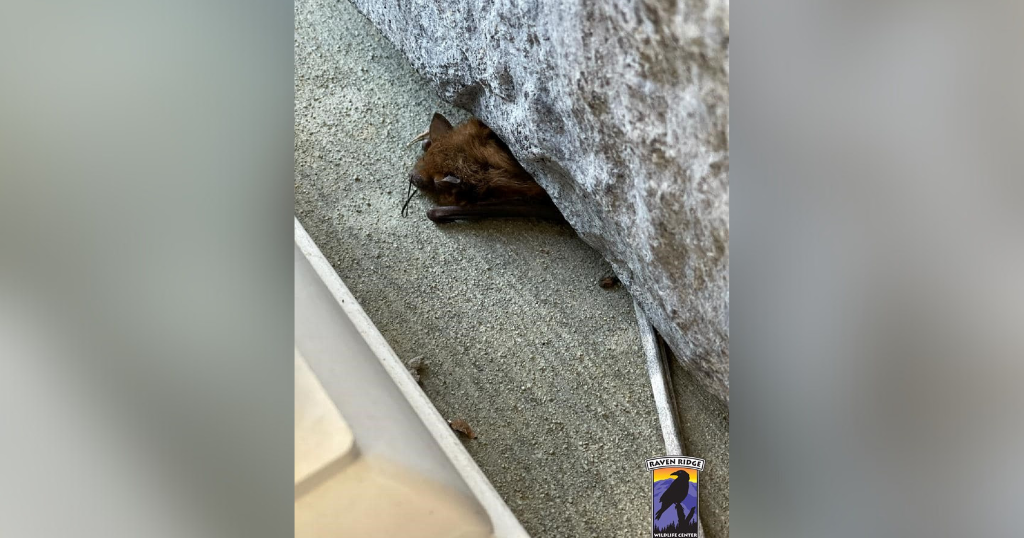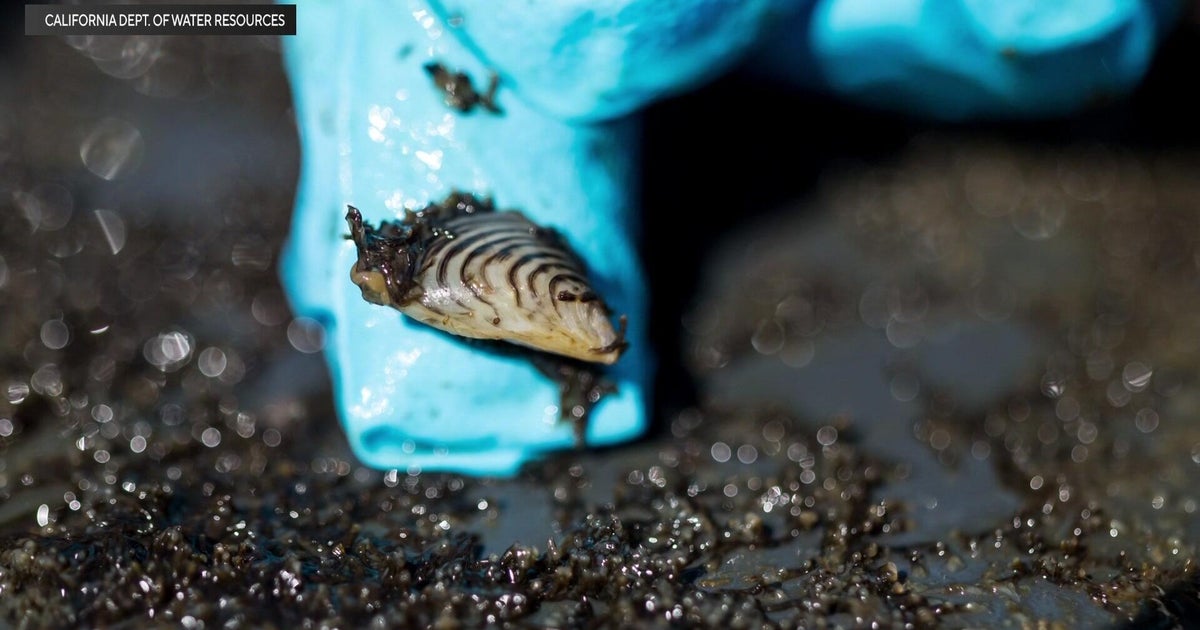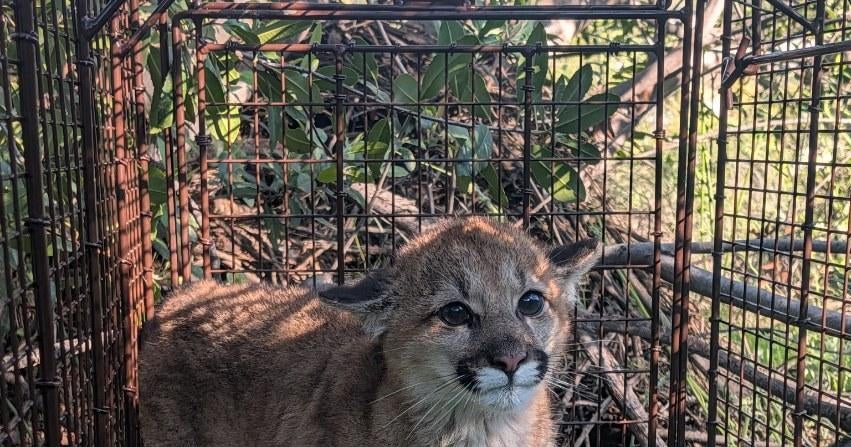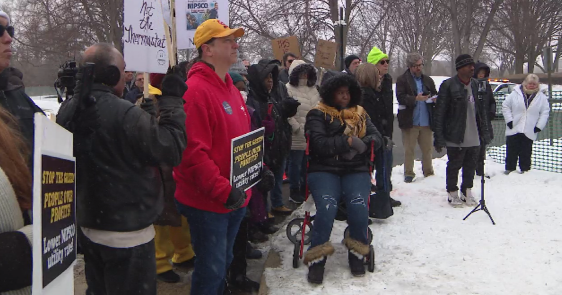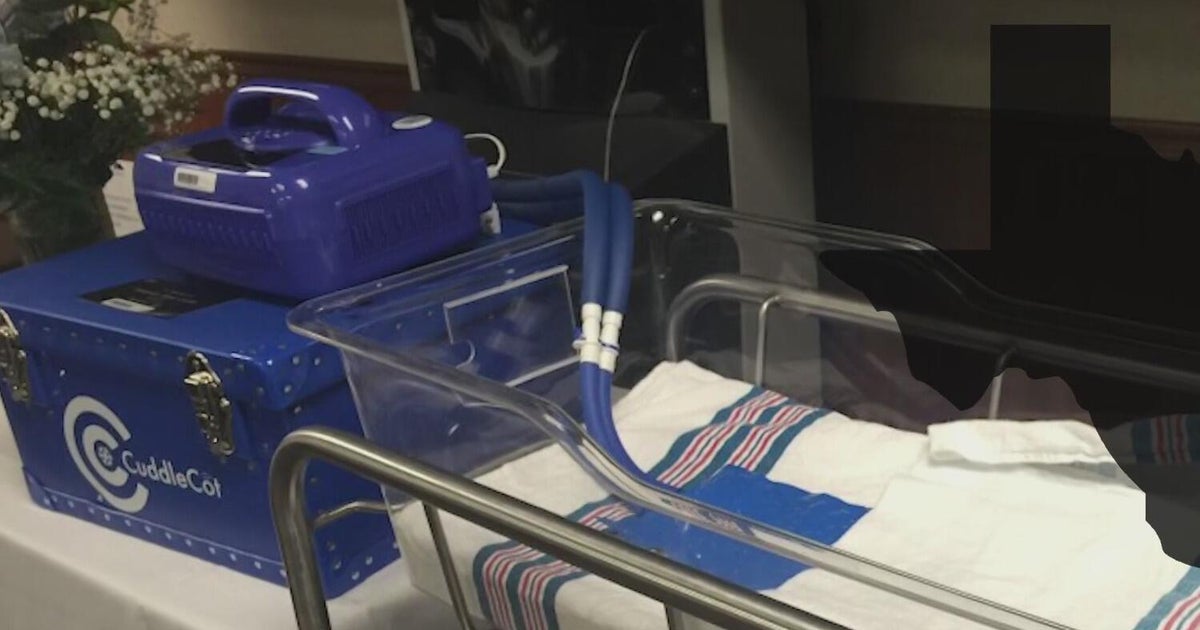Wildlife rescue in San Jose sees influx of injured baby squirrels after record heat
SAN JOSE – Last week, with temperatures reaching 110 degrees, local wildlife hospitals were flooded with baby squirrels who tumbled out of their nests looking for relief from the heat. Now, the heat is on the hospitals as they try to care for them all.
Things have cooled off a bit, so the local wildlife has had a chance to chill out. At the Wildlife Center of Silicon Valley, last week was when things started getting a little crazy.
"This past Monday, we had 14 squirrels come in in an hour. People were lined up outside the gate to get in when we opened," executive director Laura Hawkins told KPIX 5. "It's a tidal wave, yeah."
The center has been inundated with juvenile squirrels, all found lying under trees by the public. Staff believes the babies were moving around, trying to get comfortable in the triple digit heat and fell out of their nests.
"We have, actually, about 203 in care," said Hawkins. "We had 34 come in just over the weekend."
The same thing is happening at wildlife hospitals across the Bay Area.
At the Wildlife Center, all 250 volunteers are pulling shifts to do hand feedings four times a day.
Andy Young is new to the hospital and was surprised by the behavior of the supposedly "wild" animals.
"Some of them are really docile," Young said. "Like, you wouldn't think that--that some of them will just lay there and happily get fed when they're younger. It's been really interesting."
Squirrels normally spend their first four months in a nest, but one at the center still has its eyes closed and is probably only about six weeks old.
Some others have come in with concussions from their fall out of the trees.
"So, they come in with head swelling," said staff technician Lavanya Kothandaraman. "If it's mild, we treat them with anti-inflammatory medicines, give them fluids, and they're pretty much back to normal."
There's no way to get them back up to their nests, but the staff said when they're old enough to be released, they should have no problem reverting to their wild ways.
But the center warns the public not to try and care for one yourself. Hawkins said well-meaning people may be tempted to feed baby squirrels with information they get online.
"Do not rely on the internet! It will tell you wacky things!" said Hawkins. "So, yes, please call us or your local wildlife center for more information."
The Wildlife Center of Silicon Valley said--especially now--it can always use more volunteers and donations. For information, visit www.wcsv.org.
